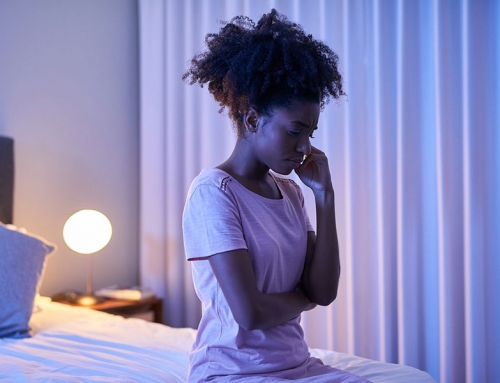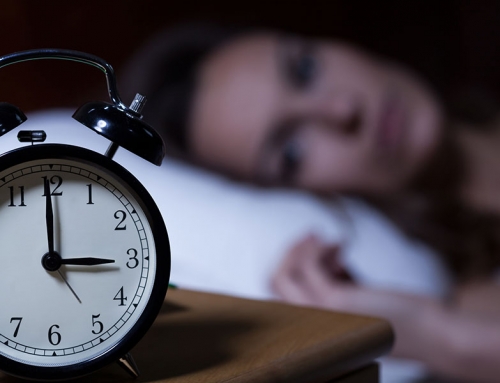Here are the Common Reasons
Sweet dreams are made of…well, actually dreaming. But this requires falling asleep and maybe you’re having some trouble in that department lately.
Feeling tired but still can’t sleep? If you’re lying awake in bed, waiting impatiently to fall asleep or trying and still not succeeding, you may be questioning why. First things first, let’s get into the basics of what makes up a normal sleep cycle.
Why can’t I sleep?
Understanding your sleep cycle
Sleep is an essential part of our Circadian Rhythm: our 24 hour internal clock that cycles between day and night (read: awake and asleep).
Sleep is the time that our bodies rest, recover and restore for a new day. And a good night’s sleep is brought on by natural cycles of brain activity. Once we close our eyes and seep into dreamland, we should be going through three stages of non-REM (NREM) when our bodies are progressing into deep sleep. This is followed by the rapid eye movement (REM) cycle, also known to be linked with dreaming. Normally during a healthy sleep rhythm, we go back and forth between both these cycles.
If our sleep is interrupted or we’re not able to repeatedly cycle between NREM and REM, we’re not sleeping deep enough. As a result, you feel exhausted, frustrated and drowsy. Read on below to find out more about why you can’t sleep and what you can do about it.
Why you’re not sleeping: common causes
Some of these may be predictable, while others may be surprising. Often though, the reasons are deeper than just going to bed too late. Here are some potential causes of your sleep disruption:
Try these tips if you’re having trouble falling asleep
Instead of watching the clock tick by as you lie awake, try incorporating these tips into your day/night to get your snooze on:
- Adjust your body’s clock: Go to bed at the same time every night and try waking up at the same time every morning.
- Create a bedtime routine: About 30 minutes before you start to fall asleep, set up your mind for relaxation and do something that helps you wind-down. This means no last minute checking of emails, try reading a book instead!
- Avoid technology: Instead listen to soft music, read, do some light yoga or journal.
Meditate: Calm your mind with some deep breathing exercises and imagine you are in a peaceful environment.
- Exercise: We’re not saying do heavy cardio before you go to bed, but adding regular exercise into your days can help your body settle into sleep.
Bad sleep is already a morning mood killer, but if we’re continuously having trouble falling asleep, it can be downright risky for our long term health and wellbeing.
Getting clear on what is robbing you of sleep will be the first step to getting back to dreamland. Just always consult a doctor to make sure you’re getting the right answers for your situation.






